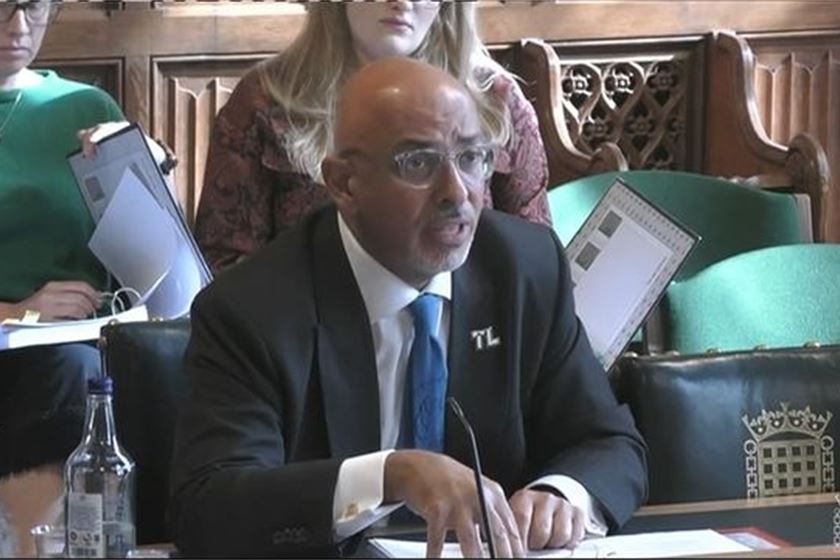Work has started on transforming another swathe of derelict brownfield land into a new industrial park following a £6.5m investment by the West Midlands Combined Authority (WMCA). Property developer St Francis Group has begun construction of a 113,000 sqft industrial unit in the Darlaston Enterprise Zone in Walsall, creating more than 195 new jobs.
The scheme, called Parallel 113, is a key part of the wider Black Country Enterprise Zone which is being led by the Black Country LEP and aims to unlock and redevelop nearly 300 acres of former industrial land, delivering 3,000 new jobs. The Parallel 113 site is the size of 10 football pitches and will be just a five-minute walk from the new Darlaston railway station – a project being led by Transport for West Midlands (TfWM), which is part of the WMCA.
Andy Street, Mayor of the West Midlands and chair of the WMCA, said: “It’s wonderful news that an investment of over £6.5million from the WMCA is helping to regenerate yet another brownfield site at the same time as creating valuable industrial jobs for local residents.
“The Parallel 113 scheme forms part of the wider Black Country Enterprise Zone vision which has an important role to play in the economic revitalisation of the wider area. This dovetails nicely with our development of nearby Darlaston Railway Station and demonstrates how improved transport connectivity can attract further investment as we continue to transform this area for the better in the months and years ahead – maintaining our strong commitment to brownfield-first development.”
Tom Westley, Chair of Black Country LEP, added: “This is a perfect example of not only delivering premium industrial space within the West Midlands but bringing the Black Country’s Enterprise Zone ambition to light and creating additional jobs in the local area. The Black Country LEP sees Parallel 113 as a huge improvement to the local economy allowing us to continue to establish the Black Country as an ideal place for businesses and communities to thrive.”
St Francis Group has a strong track record as a brownfield land and regeneration specialist with a growing reputation for developing high-quality industrial warehouse schemes across the UK.
Gareth Williams, St Francis Group development director, said: “We are delighted to have secured this investment. The start on site marks another opportunity to deliver another speculative Grade A industrial hub for the region, of market leading quality in such prominent location adjoining the M6 motorway.”
Councillor Mike Bird, WMCA portfolio holder for housing and land and leader of Walsall Council added: “This development of high-quality commercial warehousing will help create many new jobs for local people while regenerating another brownfield site. The WMCA is continuing to invest in the transformation of brownfield land to not only help preserve our green belt but also drive our region’s economic recovery by providing businesses with the places they need to grow.”
Access to the WMCA funding was provided by Frontier Development Capital who continue to work closely with property developers and the WMCA to manage investments from the WMCA Commercial and Residential Investment Funds.


























